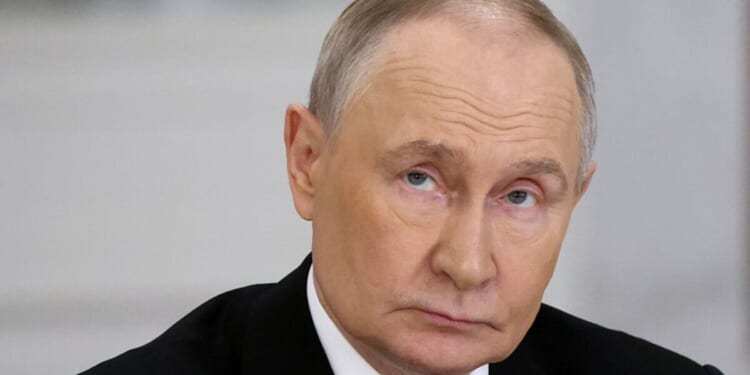Russia is struggling to pay its soldiers as regional budgets come under huge financial pressure. The Kremlin has used generous financial incentives to entice Russian men to sign military contracts to fight in Ukraine.
Many of these new recruits live in impoverished regions of Russia, far from the country’s large cosmopolitan cities. This policy has until now enabled the Kremlin to recruit enough fresh meat for its grinding war in Ukraine without having to introduce a general national mobilisation. However, regions are facing increasing budget debts and in many cases are no longer able to make the payments to soldiers and their families.
Authorities in Yakutia in Russia’s Far East have suspended payments to enlisted soldiers.
The region’s Finance Minister Ivan Alekseev confirmed the suspension in a recent TV interview.
“Unfortunately, we really have this situation,” he explained.
The region pays up to 2.6 million rubles (£25,000) per contract, as well thousands more to families to compensate for injuries and deaths. Injured soldiers receive up to 750,000 rubles (£7,200), while families get as much as (£9,600) in the event of a death.
The money to pay soldiers and their families comes from federal, regional and municipal budgets.
Russian regions are struggling to balance the books and were running a cumulative deficit of 724.8 billion rubles (£7bn) as of late September.
In October, regional governments in Tatarstan, Chuvashia, Mari El and Belgorod lowered enlistment payouts, while others cancelled additional bonuses altogether.
Meanwhile, 850 workers at the Yaroslavl Shipbuilding Plant — one of Russia’s key military shipbuilders – have gone almost two months without pay.
The company has not received any funds from Russia’s Ministry of Defence and has not been able to pay workers since late September.
The plant, which builds landing and patrol ships, has faced tightened Western sanctions since 2019, further restricting its operations.
The defence sector in general is facing a growing production crisis as it struggles to cope with acute labour shortages, severe cash flow problems and lack of critical components for weapons.

















